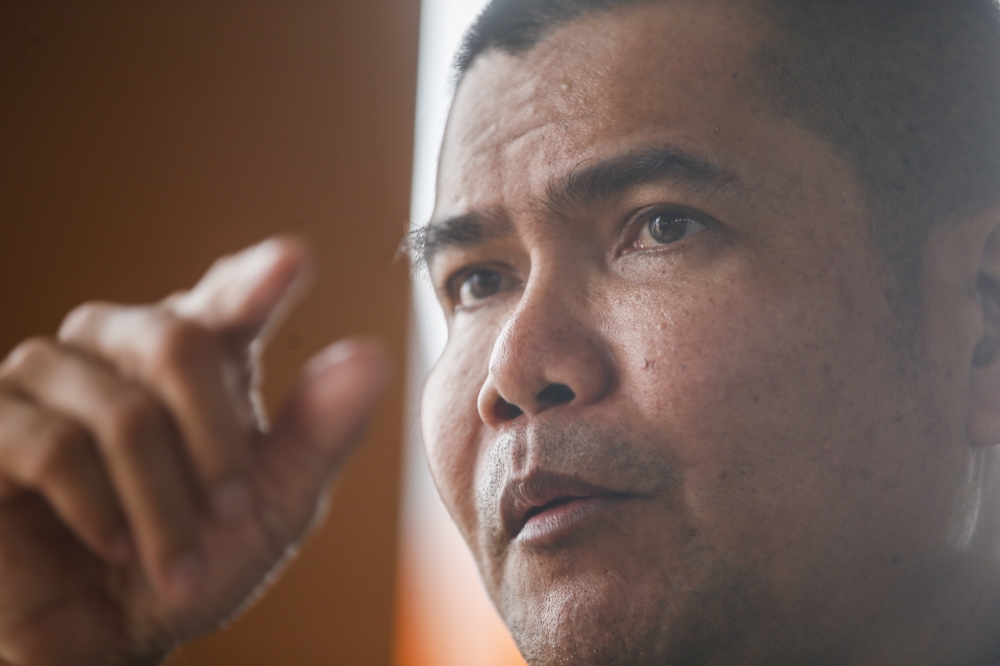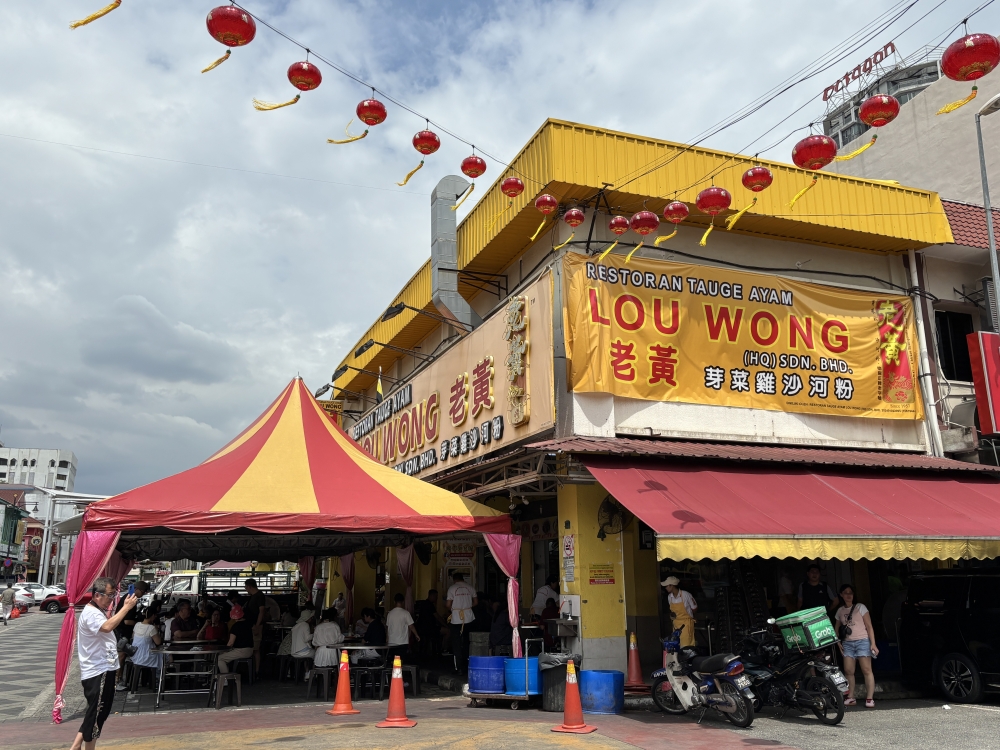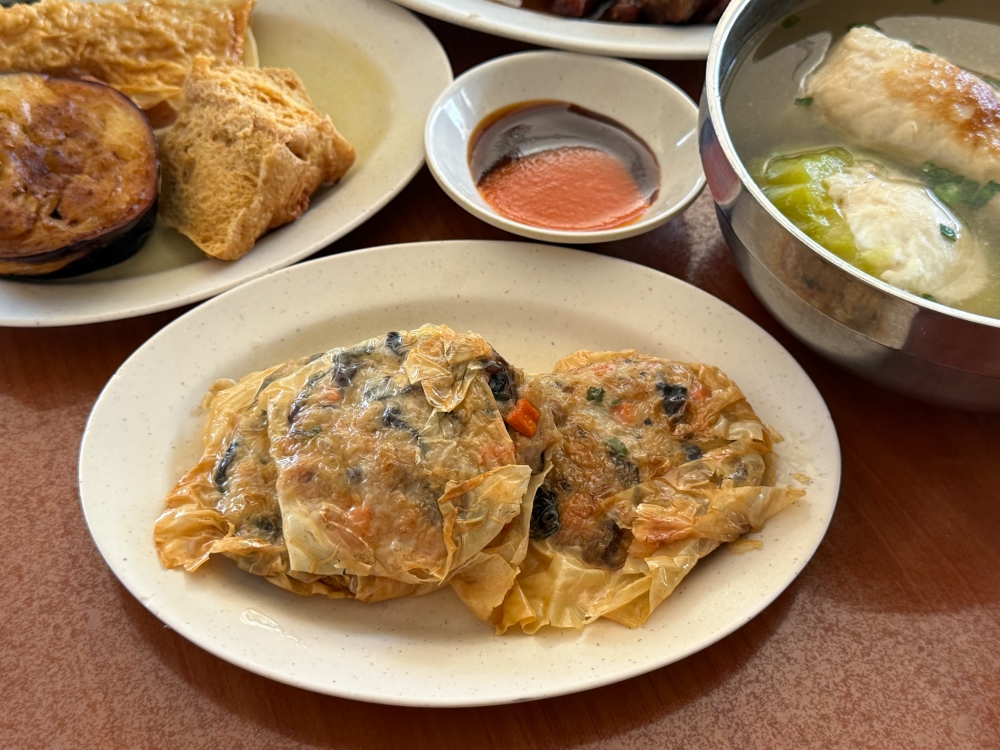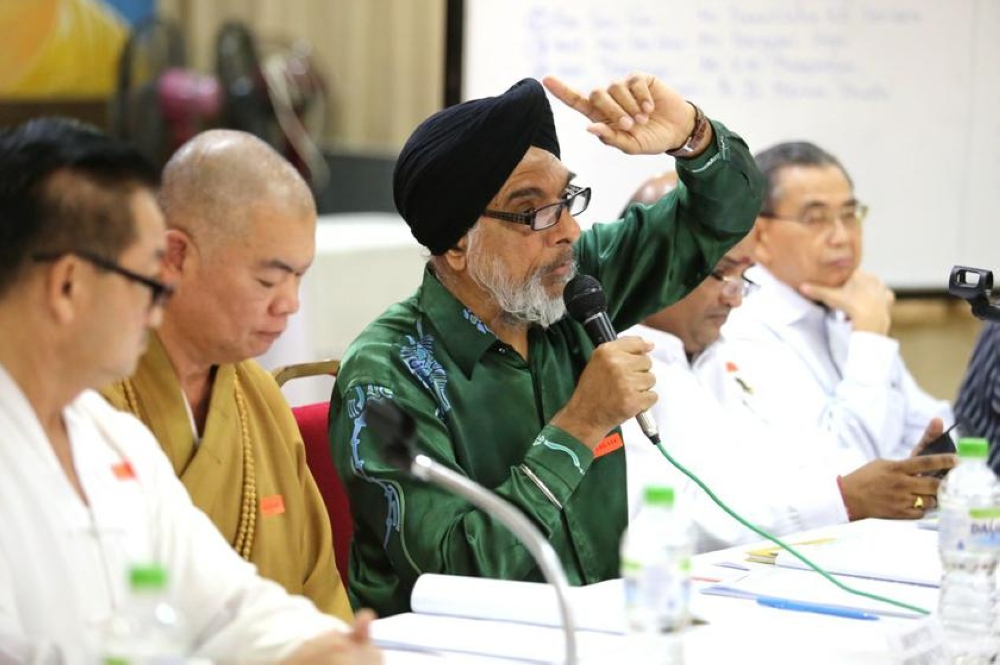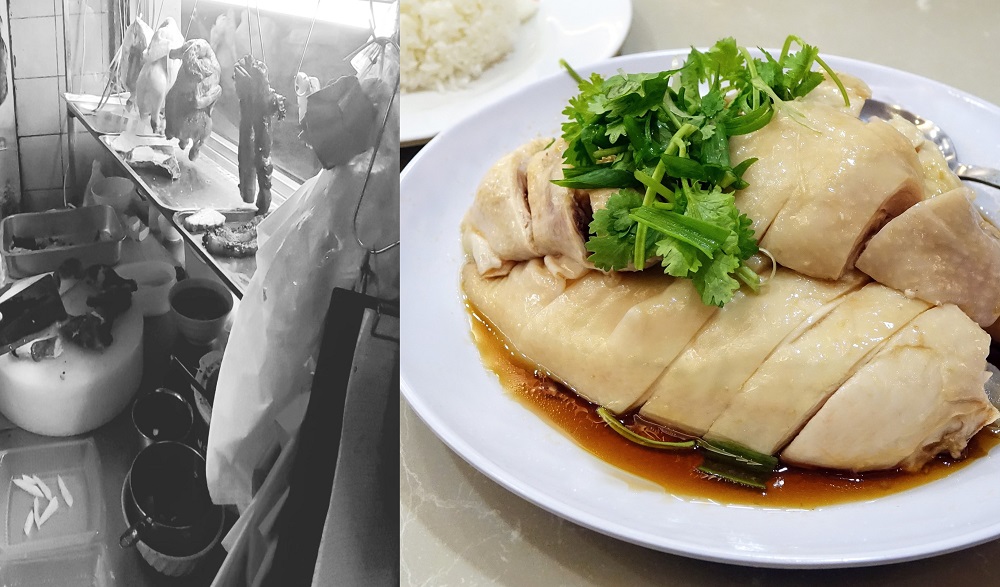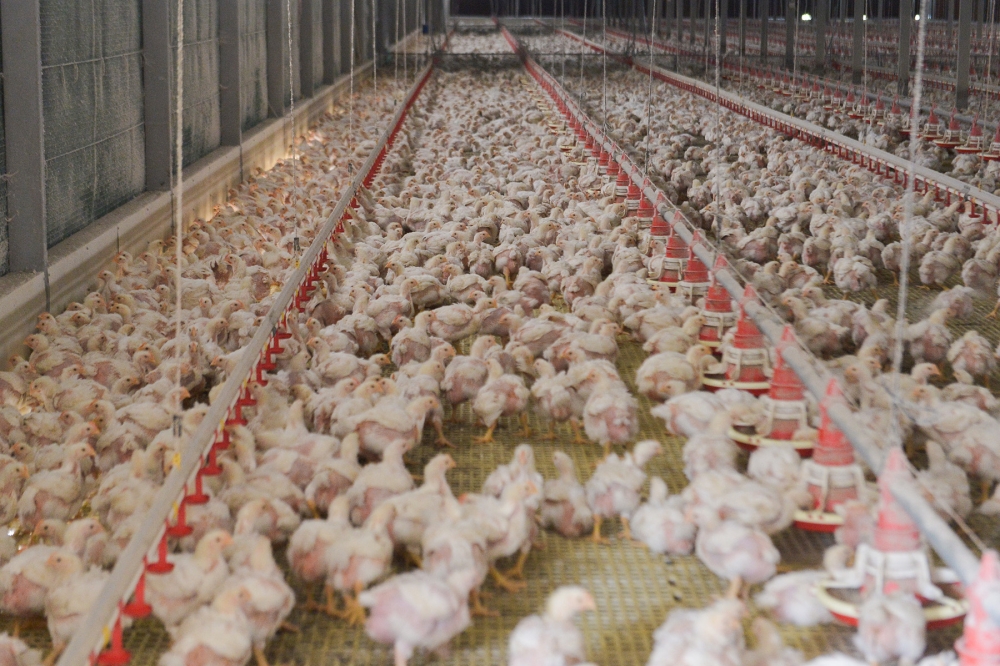PETALING JAYA, March 30 — A Malaysian Facebook user recently shared a sobering tale about the hardships faced by hawkers during the Covid-19 movement control order (MCO).
Filmmaker Gary Chong stopped by his local coffee shop to get some takeaway lunch during a grocery run and ended up “re-evaluating (his) role as a citizen in (his) community” after chatting with a chicken rice seller.
The hawker revealed how his earnings have dipped sharply ever since the MCO was implemented on March 18.
“While going about his usual way of preparation, he started lamenting that his daily sales now are only around RM140 but he has to open shop from 7am to 11pm.
“To put it in a nutshell, he has to work 16 hours to just sell chicken rice and survive between RM100 to RM180 a day,” wrote Chong.
The chicken rice seller told him that he would have to shut up shop if business remained slow for the next two weeks.
Chong was especially shocked when the hawker pleaded with him to return that evening and buy another meal from him to sustain his business.
“He begged me to come back and buy from him for dinner, in which he then gave me extra meat in my packets in the hopes that it would seal the deal and I would come back that night.
“It was at that moment I realised that yes, all sectors are hit badly because of this MCO (which is unavoidable and in my opinion, a necessary long term manoeuvre), but the small coffee shop hawkers and gerais are the most vulnerable.”
Under the MCO, restaurants can no longer serve dine-in customers and can only offer takeaways and food deliveries to limit the spread of Covid-19.
During their conversation, Chong found out that the chicken rice seller lacked the technological know-how to register himself on an e-commerce platform.
House delivery was out of the question as the minimum delivery fee of RM5 was out of his budget, and he noted that no customer would be willing to pay a higher price for a humble plate of chicken rice.
Although he qualifies for some of the initiatives under the Prihatin Rakyat Economic Stimulus Package, the chicken rice seller said many hawkers are reluctant to contact the Inland Revenue Board due to various reasons, from having “a checkered past (perhaps certain troubled run-ins with the law)” to a “warranted or unwarranted fear towards the government.”
Chong explained that the hawker decided to remain open instead of waiting out the MCO at home because he needed the daily income to survive, quoting the Malay proverb, “kais pagi makan pagi, kais petang makan petang.”
“I tried to persuade him to let me assist him financially or at least help him with some of the technology woes he had, but he kept deflecting and saying that my patronage of his business is good enough for him.
“When he said that, I felt a wave of emotion sweep over me. One not just of guilt, but of shame because of my ignorance.”
The filmmaker confessed that he and his family, like many other Malaysians, have been enjoying the convenience of food delivery and trying new recipes at home while his neighbourhood hawkers struggled due to a lack of customers.
He returned to the same chicken rice stall that same evening and bought half a chicken from the seller and gave him a generous tip.
However, he did not disclose the name of the stall under the chicken rice seller’s request to protect his privacy.
Chong ended his post by imploring Malaysians to support their local hawkers and food stall operators whenever they can during the MCO, adding that even a simple chat can help boost the spirits of anyone who may be struggling due to the restrictions.
His post has garnered more than 4,000 reactions so far and Malaysians have been thanking Chong for shedding light on the plight of hawkers during this difficult period.
“In times of adversity, let’s do what we can to help each other in our local community. The poorer ones are more affected mentally and financially,” said John LK Wong.
“Let us take up Gary Chong’s suggestions and help out. Let’s help out in whatever way we can within our ability, but let’s do it happily and willingly,” said Ng Sau Chan.

